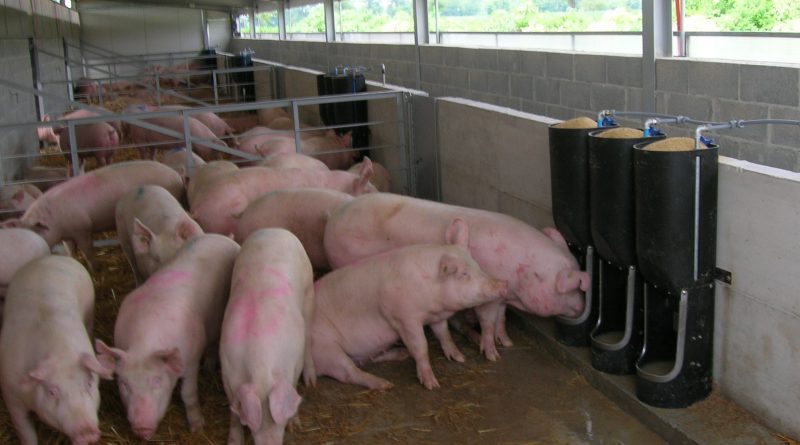TANNINS ARE RIGHT FOR PIGS AND ENIRONMENT
Tannins are considered anti-nutritional substances because they are able to precipitate proteins and inhibit digestive enzymes. They could also reduce the palatability of the feed. But several studies have shown that with low tannin levels these abilities can have positive implications with antimicrobial and antioxidant actions. In our work, carried out in collaboration with the University of Udine, with pigs housed at the DiSAA experimental research centre in Cornaredo (Milan), hydrolysable tannins extracted from chestnut were evaluated. At the low dosages both the productive performances (weight gain, feed intake, feed conversion ratio), and the digestibility of the ration were not different from the control (without tannins). Slaughter yield and the characteristics of the cuts were also similar between control and treatment. Therefore, the tannins have not shown anti-nutritional effects. A significant, positive, effect registered in pigs fed the diet supplemented with tannins was the reduction of nitrogen excreted by urine, which compensated for the greater faecal loss, thus causing a similar nitrogen retention, that is a similar meat/muscle development. This is certainly an environmentally positive aspect, as it reduces the nitrogen volatilization from the waste produced in the piggery and consequently the release of ammonia in the air, responsible for the acid rains and the formation of the fine air particulate, dangerous for human health.
__________________________
In the picture: pigs at the trough.
REFERENCE
Galassi, G., Mason, F., Rapetti, L., Crovetto, G.M., Spanghero, M. (2019). Digestibility and metabolic utilization of diets containing chestnut tannins and their effects on growth and slaughter traits of heavy pigs. Ital J Anim Sci, 18, 746-753. DOI: 10.1080/1828051X.2019.1570361

